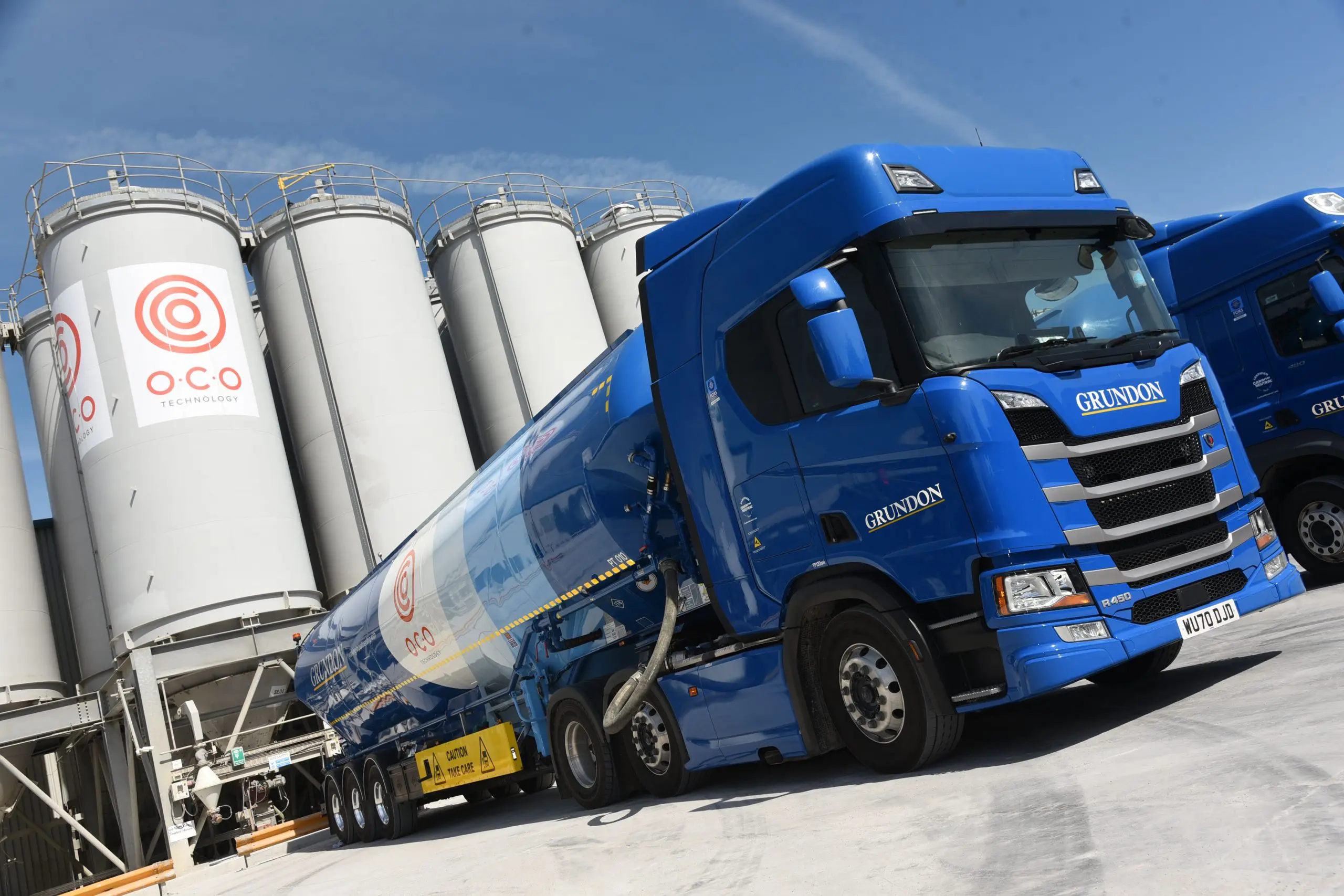Carbon capture specialist O.C.O Technology is to use its world-leading expertise as part of a breakthrough programme focusing on the development of modular Direct Air Capture (DAC) technology.
O.C.O will be working as part of a consortium formed by London-based Mission Zero Technologies, winners of a £240,000 contract from the UK Government’s Net Zero Innovation Portfolio, which is being administered by the Department for Business, Energy & Industrial Strategy (BEIS) to help accelerate the development of early-stage technologies for removing greenhouse gases from the atmosphere.

At up to four times cheaper than current direct air carbon capture solutions and requiring dramatically reduced energy consumption, the Mission Zero project focuses on an innovative new way to remove CO² directly from the atmosphere and turn it into a commodity.
The two-phase project, which is expected to reach commercial maturity by 2024, will see Grundon subsidiary O.C.O use its Accelerated Carbonation Technology (ACT) to transform the captured carbon dioxide gas into carbon-negative artificial aggregates for use in the construction sector.
Stephen Roscoe, O.C.O’s Technical Director, explains: “We are hugely excited to be part of this project. Successfully developing energy efficient Direct Air Capture technology will be a huge step forward towards winning the war against climate change.”
While O.C.O’s role in phase one will be more advice-led, step two of the project will see the Mission Zero team start laboratory trials at O.C.O’s Avonmouth site, before progressing to the installation of a pilot scale plant at an O.C.O facility.
Dr Nicholas Chadwick, Chief Executive Officer and Mission Zero co-founder said: “This project will demonstrate the industry partnerships needed to cement the UK’s position as world leaders in Carbon Capture Utilisation and Storage (CCUS) – by bringing low-cost DAC into the future of carbon removal.
“O.C.O has a significant role to play in helping us to commoditise these CO² emissions, enabling us to harness growth markets to combat climate change and align economic and environmental perspectives.”
Current DAC solutions require significant amounts of heat and electricity and large commitments of capital, making the economics and commercialization timelines challenging. The Mission Zero team believes its modularized DAC technology can bring costs down to below the $100/ton CO² price point at commercial scales.
Fellow UK companies Optimus (Aberdeen) and Equinor, a leading player in the Humber decarbonisation cluster, are also part of the consortium.
For more information, visit www.oco.co.uk
For more information, visit www.missionzero.tech
